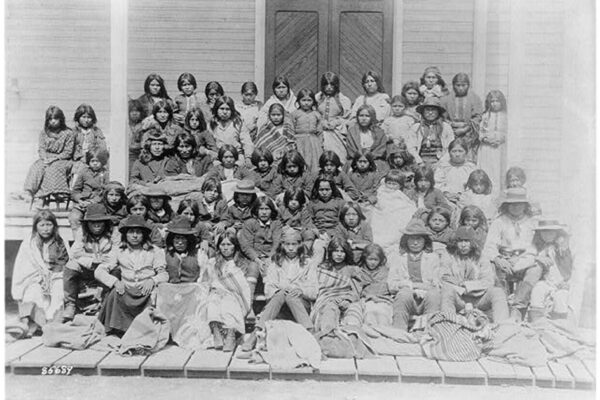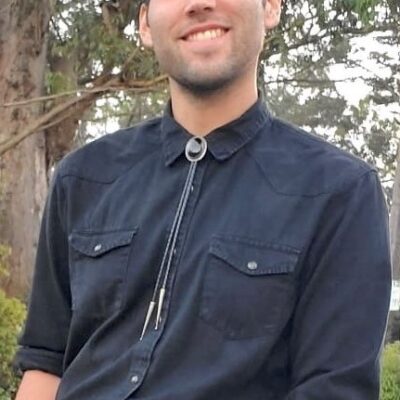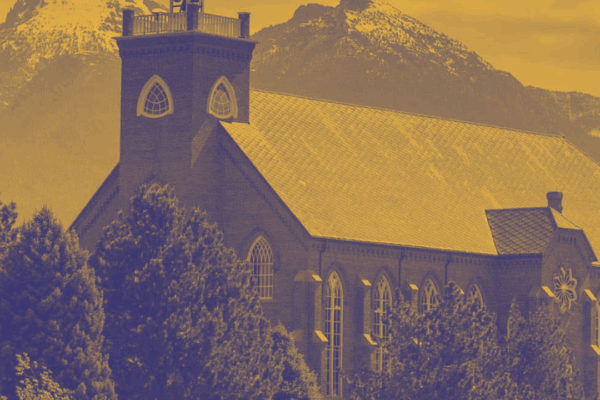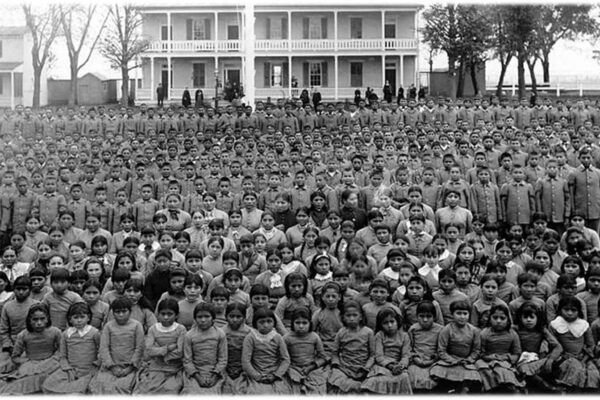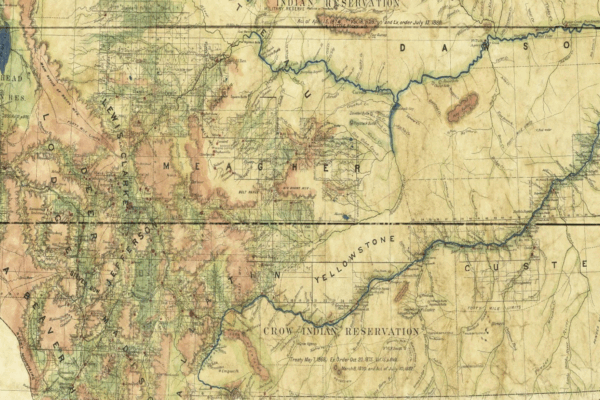The release of the Federal Indian Boarding School Initiative Report by the United States Department of Interior confirmed what many Indigenous communities across the lands known as the United States, Alaska and Hawai’i, knew, have fought for recognition of, and sought to heal from – the federal government’s support of Indian Boarding schools throughout the 19th century and beyond – enacted intense, horrific violence on Indigenous youth, families, kin, and communities in an effort to assimilate and Americanize peoples who had already been subjected to centuries of ongoing violence, theft, and dispossession of people and land.
The report, which is the first volume in a series, currently identifies 408 schools across 37 states/territories and has identified at least 53 schools with marked and unmarked gravesites. In Canada, a similar decades-long search has currently identified over 10,000 children buried at a portion of the 139 residential schools. Indian Boarding schools in the United States practiced forced family separation and viciously policed and attempted to eradicate Indigenous ways of being and knowing including cultural and spiritual practices and relationship and kin dynamics through brutal disciplinary and punishment practices. Staff at Indian Boarding schools also murdered children. Indian Boarding schools were not just locations of violent, abhorrent assimilationist policies, they were centers of death for young Indigenous children.
Every Indigenous community and person has been impacted by these policies and practices and many issues facing our communities stem from boarding schools, where Indigenous communities felt the immense harm and grief of these policies and many of the children who survived carried and passed on this trauma. Intergenerational trauma and settler-colonial violence continues to impact tribal and identity sovereignty, racist violence including poverty, policing, incarceration, hate crimes, Murdered and Missing Indigenous women, girls, two-spirit individuals, and other relatives, policies, practices, and inequities in education, housing, food access, employment and other aspects of life.
On July 1st 2021, after U.S. Interior Secretary Deb Haaland’s announcement of this comprehensive review, the ACLU of Montana declared its support for this process and welcomed dramatic changes to federal Indian law and policy that would rectify the centuries of settler-colonial violence and the incalculable harm of Indian Boarding Schools. The report currently identifies over 16 Indian Boarding Schools in Montana from Cut Bank to Crow Agency, Pryor to St. Ignatius.
Montana, where over 6.5% of the population is Indigenous, has wildly disproportionate disciplinary and punishment practices in our school system towards Indigenous children, Indigenous people are more likely to be killed by police, represent a quarter of the jail and prison population respectively, and there are over 50 open or unsolved cases or Murdered and Missing Indigenous people in the state. Moreover, Indigenous Montanans confront intense, violent interpersonal racism, poverty, homelessness, food insecurity, and substance use. As the ACLU of Montana, our Indigenous Justice program, the first of its kind in the ACLU, is committed to addressing these issues through community organizing, support of tribal sovereignty, advocacy and policy at the local and state level, litigation, decolonizing development and fundraising practices. This report acknowledges the indelible harm of Indian Boarding Schools and represents an opportunity at the local, state, and federal level to end the subversion of tribal sovereignty, violence towards Indigenous people, and invest in our communities as we restore, heal, and nurture each other and the land.
Please take care, give yourself space, and surround yourself with community, medicines, and prayer during this difficult time.
For advocacy, education, and healing go to:
The National Native American Boarding School Healing Coalition
STRONGHEARTS Native Helpline
Indian Health Service Suicide Prevention and Care Program
We R Native Resources and Fact Sheet

